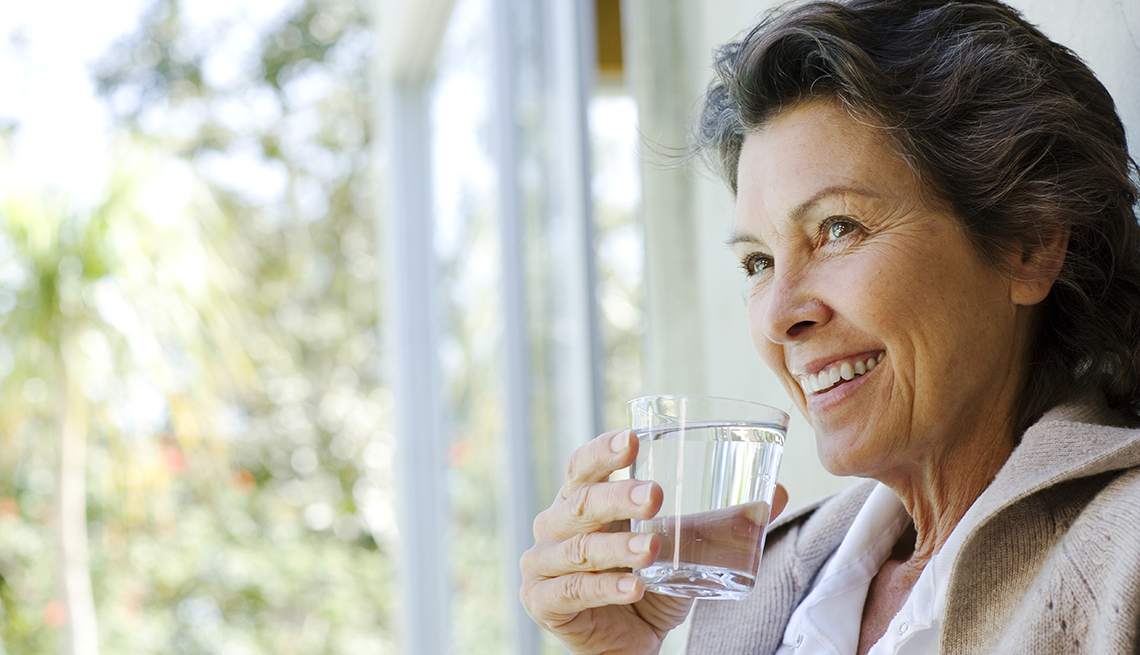AARP Hearing Center
If your busy schedule keeps getting in the way of better health, we’ve got some good news for you. Experts say there are plenty of things you can do to boost your health that take five minutes or less. In fact, in almost every aspect of wellness, studies show that doing something is better than doing nothing at all.
“If you have a few minutes, take advantage of that time,” says Eric R. Goldberg, M.D., medical director of NYU Langone Internal Medicine Associates. “Don’t just sit there and look at YouTube videos.” Here are some bite-size habits to try.
1. Take a break from sitting
The more you sit, the more likely you are to die. It sounds harsh, but a raft of studies have confirmed the dangers associated with sitting. A 2017 study, for example, tracked the activity levels of 7,985 adults over age 45 and found that those who had the greatest amount of sedentary time had almost double the mortality risk of those who were less sedentary.
The good news is, the study also found that taking a break from sitting every 30 minutes significantly lowers your risk — and it doesn’t have to be a long break. Try setting an alarm for every half hour to remind yourself to get up and walk around the house for a few minutes.
2. Drink a glass of water
The older you get, the higher your risk of dehydration is. Age blunts your thirst mechanism, so you may not notice as quickly that your body needs fluids, says Ardeshir Hashmi, M.D., section chief of the Center for Geriatric Medicine at the Cleveland Clinic. When you don’t get enough fluids, your body systems don’t work as well. Your digestion slows, your kidneys have a harder time filtering out toxins, and your skin gets dry and sallow. You may develop a headache, dizziness, fatigue or brain fog.
Luckily, the fix is quick and simple: Guzzle a glass of water! Even if you don’t feel thirsty, aim to get at least 48 ounces of fluid (six 8-ounce glasses) a day — and more if you’re physically active.
3. Amp up your heart rate
When it comes to exercise, every little bit counts. That’s why federal activity guidelines no longer have a minimum on the amount of physical activity you should get each day. “A few minutes is better than zero,” Goldberg says, “and anything is better than nothing.”
Studies indicate that even just one minute of intense exercise can produce meaningful results. Researchers at McMaster University in Canada found that just 60 seconds of vigorous stair climbing boosted cardiovascular fitness. Another study published in the International Journal of Epidemiology showed that running for a minute improves bone health in women.
Try to work a few short bursts of exercise into your day — run or jog in place for one minute, take a brisk walk around the house or do a quick set of jumping jacks. The benefits are strongest if you work out with some intensity, meaning that you really feel your heart pounding.











































































